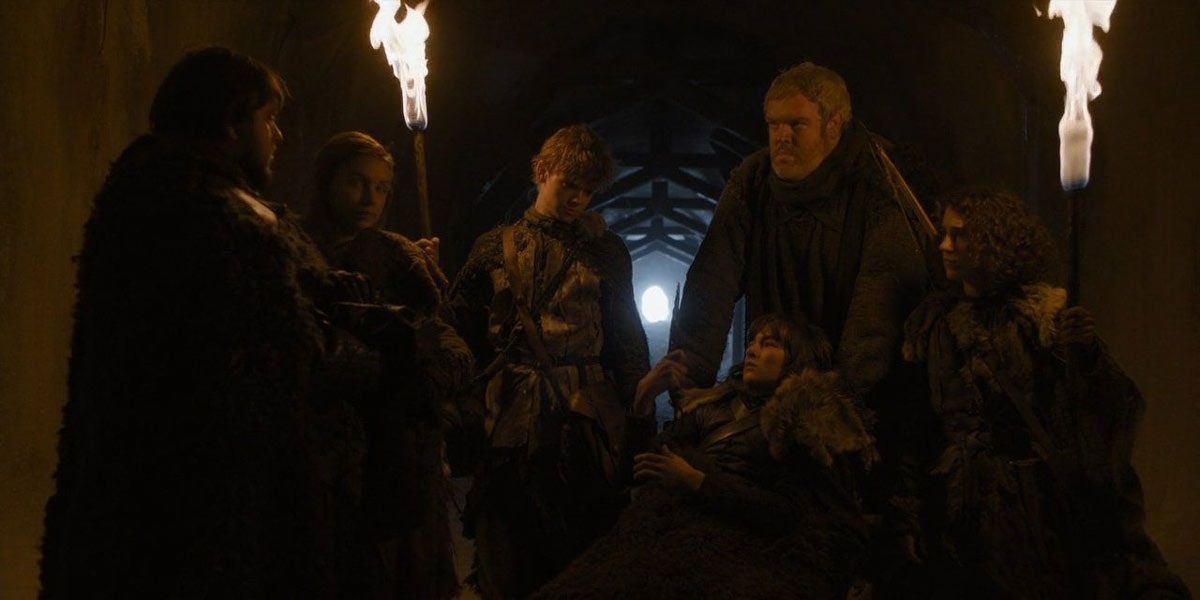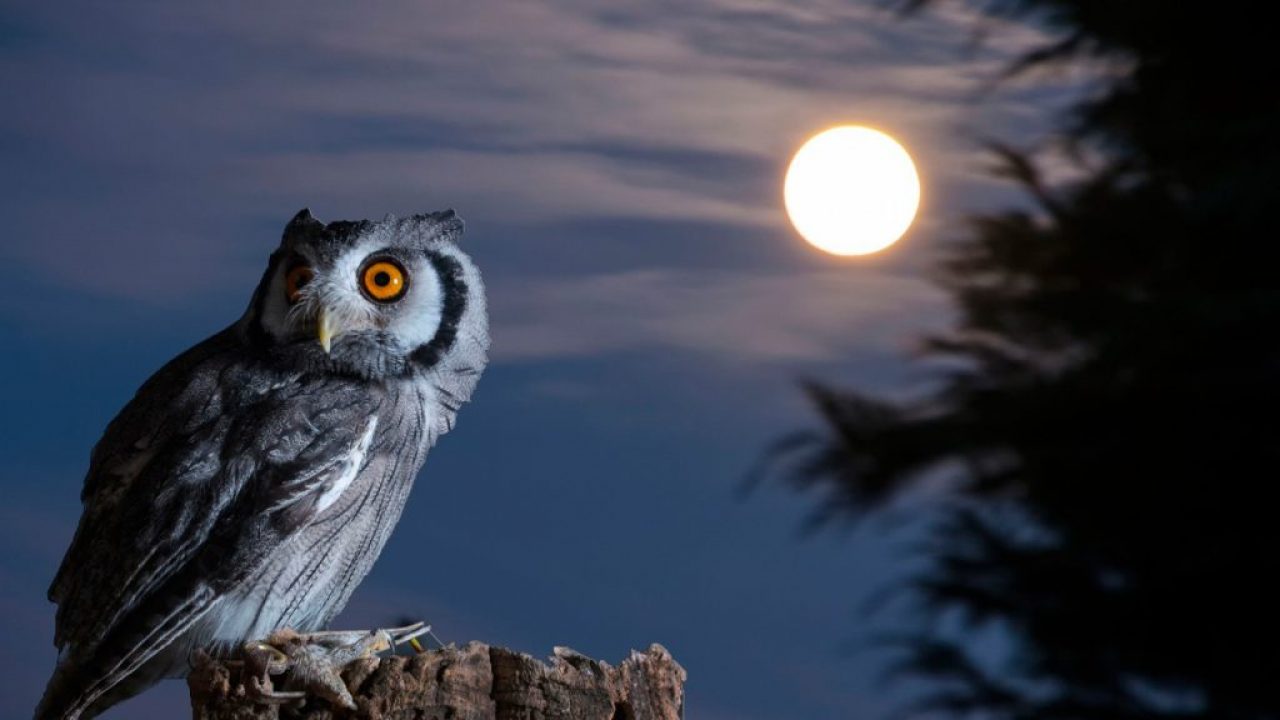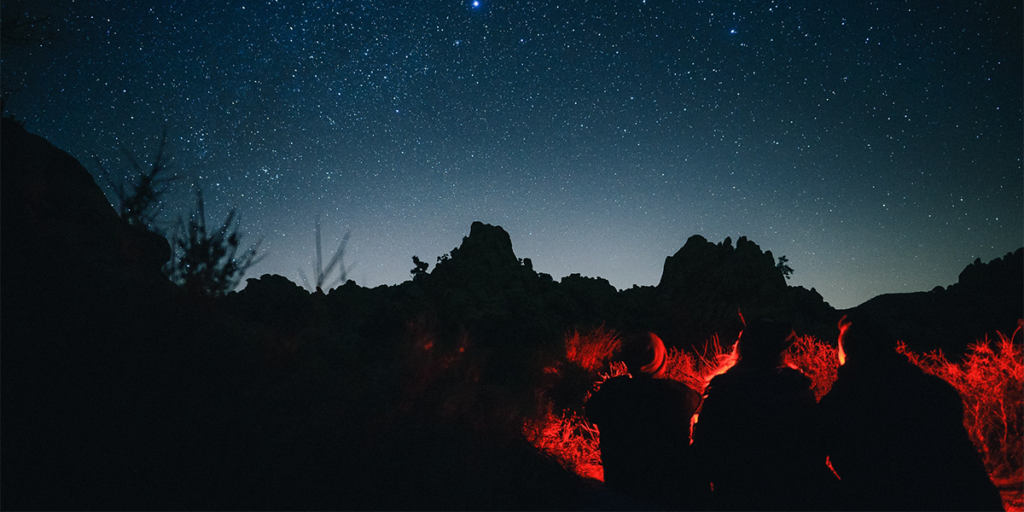In the quiet embrace of the night, when the world slumbers and the moon casts its gentle glow, a dedicated group of individuals emerges from the shadows to stand watch. These sentinels of the night, known as “밤의민족 Watch,” are the unsung heroes who protect and serve during the darkest hours. In this article, we explore the remarkable lives of these guardians of the midnight hour, their unique roles, and the questions often raised about their nocturnal dedication.
Vigilance Under the Stars: The Role of The Night’s Watch

People of The Night Watch is a diverse assembly of individuals who undertake various responsibilities during the night, ranging from essential public services to safeguarding vulnerable populations. Their commitment to duty is unwavering, regardless of the hour on the clock.
Some members People of The Night Watch include:
Law Enforcement Officers: Police officers patrol the streets, ensuring safety and order during the night. They respond to emergencies, conduct investigations, and provide a visible presence that deters crime.
Medical Personnel: Doctors, nurses, and paramedics work tirelessly through the night in hospitals and emergency rooms, attending to patients in need. Their dedication saves lives when others rest.
Firefighters: Firefighters stand ready to respond to fires and other emergencies at a moment’s notice. Their nighttime operations are essential for protecting communities.
Security Personnel: Private security guards protect property and assets during the night, preventing theft and vandalism.
Emergency Services Dispatchers: Behind the scenes, emergency dispatchers field calls for help and coordinate the response of first responders.
Night Shift Workers: Many industries rely on night shift workers to keep essential services running, from manufacturing and transportation to utilities and customer support.
FAQ 1: Are The Night’s Watch roles significantly different from daytime roles?
While the core responsibilities People of The Night Watch may align with their daytime counterparts, they often face unique challenges related to reduced visibility, altered circadian rhythms, and the potential for higher-stress situations.
The Nocturnal Challenges: Navigating the Night
Working at night presents distinct challenges, both physical and psychological. Members of The Night’s Watch must adapt to the altered circadian rhythms that come with nighttime work. Sleep deprivation, fatigue, and disrupted social lives are common struggles faced by those who stand watch while the world sleeps.
Yet, The Night’s Watch finds strength in unity. The camaraderie among colleagues who share the nocturnal shift is a source of support and resilience. They develop their own traditions and routines that help them navigate the unique demands of their roles.
FAQ 2: How do members of The Night’s Watch cope with the challenges of night work?
Members often employ strategies like maintaining consistent sleep schedules, creating a dark and quiet sleeping environment during the day, and optimizing nutrition and exercise to mitigate the negative effects of working at night.
The Quiet Heroism: Unsung Acts of Valor
The Night’s Watch often perform their duties away from the spotlight, hidden in the veil of darkness. Yet, their acts of valor are no less heroic. Law enforcement officers patrol crime-ridden neighborhoods, responding to calls for help. Medical professionals save lives in emergency rooms, and firefighters rush into burning buildings. Security guards safeguard valuable assets, and night shift workers ensure that essential services continue to run smoothly.
Their sacrifices are significant, and their dedication to the safety and well-being of their communities is unwavering. Their acts of heroism occur not only during major crises but also in the countless everyday moments when they stand ready to respond.
FAQ 3: Do members of The Night’s Watch receive the recognition they deserve for their work?
While their contributions are invaluable, members of The Night’s Watch often work quietly and behind the scenes. They may not receive the same level of public recognition as others, but their dedication and service are deeply appreciated by those they protect.
The Night’s Watch in Pop Culture: Myth and Reality
The concept of The Night’s Watch has permeated popular culture, inspiring stories of heroic guardians of the night. The fictional Night’s Watch in George R.R. Martin’s “Game of Thrones” series is a notable example, dedicated to defending the realm from supernatural threats.
In reality, The Night’s Watch may not face dragons and White Walkers, but they do encounter their own set of challenges and obstacles that test their mettle. Their commitment to duty and their communities is a testament to the enduring appeal of the guardian archetype.
FAQ 4: How accurate are depictions of The Night’s Watch in popular culture compared to real-life night shift workers?
Depictions in popular culture often emphasize the heroism and challenges faced by The Night’s Watch but may exaggerate certain aspects for dramatic effect. Real-life night shift workers exhibit dedication and resilience but work within the constraints of the everyday world.
Nocturnal Nomads: Exploring the Lives of Night Owls
In a world that often celebrates the early bird, there exists a distinct and fascinating group of individuals who come alive when the sun sets and the rest of the world begins to slumber. These nocturnal nomads, often referred to as “night owls,” defy the conventional rhythms of society, embracing the nocturnal hours as their time to shine. In this article, we delve into the intriguing lives of these night owls, exploring their unique routines, the science behind their night-loving nature, and the societal implications of being creatures of the night.
The Night’s Allure: Why Do Night Owls Thrive After Dark?

For night owls, the night is more than just a period of rest; it’s a canvas of opportunity. They find themselves at their most creative, alert, and energetic during the late hours, often in stark contrast to the groggy mornings that early birds experience. But what lies beneath this preference for the night, and why do night owls thrive after dark?
The answer lies, in part, in their biological clocks. Night owls have a delayed circadian rhythm, which means their bodies are naturally inclined to stay awake later and sleep in later. This predisposition is hardwired into their genetics, making the night their natural habitat.
The Science of Night Owls: Unraveling the Biological Mysteries
The study of night owls is a fascinating journey into the intricate workings of the human body’s internal clock, known as the circadian rhythm. While early birds’ internal clocks align with the standard 9-to-5 work schedule, night owls’ clocks follow a different beat, often causing them to clash with the demands of the typical workday.
One of the key factors influencing night owl behavior is the hormone melatonin. Melatonin levels typically rise in the evening, inducing sleepiness, and fall in the morning to promote wakefulness. Night owls experience this melatonin shift later than their early bird counterparts, making it challenging for them to conform to traditional daytime schedules.
The Night Owl’s Routine: Thriving in a World Built for Early Birds
The daily life of a night owl is a careful dance between embracing their nocturnal nature and navigating a world designed for early risers. Their routines often involve creative solutions to adapt to a diurnal society, such as flexible work hours, remote jobs, or careers that cater to the night.
For night owls, the night offers an unparalleled sense of tranquility and freedom. The absence of daytime noise and distractions allows them to focus, often leading to increased productivity in their chosen pursuits. This heightened productivity is a testament to the unique synergy between the night owl’s biological clock and their preferred working hours.
Societal Challenges and Night Owl Stigma
While night owls have their own rhythm and preferences, they often face societal challenges and misconceptions. The traditional 9-to-5 work schedule can be particularly grueling for night owls, leading to sleep deprivation and reduced overall well-being. Additionally, there is a common misconception that night owls are lazy or undisciplined, which can lead to unfair judgments and workplace biases.
FAQ 1: Are night owls less productive than early birds?
No, productivity varies from person to person, and night owls can be highly productive during their preferred working hours. What matters most is aligning tasks with one’s peak alertness and creativity, regardless of the time of day.
Embracing the Night: A Unique Perspective on Life
For night owls, the night is not just a necessity; it’s a lifestyle choice. The quiet solitude of the night offers a space for introspection and creativity. It’s a time when they can fully engage with their passions, whether it’s pursuing art, music, writing, or other forms of self-expression. Night owls often find themselves in good company with fellow night-loving souls who share their appreciation for the serene hours after dark.
FAQ 2: Can someone change from being a night owl to an early bird?
While some individuals may be able to adjust their sleep patterns to a certain extent, a person’s chronotype, or natural inclination toward morningness or eveningness, is largely influenced by genetics. Changing from a night owl to an early bird can be challenging and may not be sustainable in the long term.
Celebrating the Diversity of Chronotypes

In a world that often celebrates early risers, it’s essential to recognize and appreciate the diversity of chronotypes, including the unique world of night owls. These individuals thrive in the darkness, finding inspiration, creativity, and solace during the nocturnal hours. By understanding their biology, routines, and challenges, we can foster a more inclusive and adaptable society that accommodates the needs and preferences of all its inhabitants, whether they’re early birds, night owls, or somewhere in between. After all, the night holds its own special magic, and night owls are its devoted custodians.
Conclusion
As the world sleeps, The Night’s Watch stands vigilant, ready to protect and serve. Their dedication, sacrifice, and unwavering commitment to duty are a testament to the strength of the human spirit. While their actions may often go unnoticed by the public, their impact on society is immeasurable. It is essential that we recognize and appreciate the guardians of the midnight hour, for they are the silent heroes who ensure that the night remains a time of safety and security for all.

